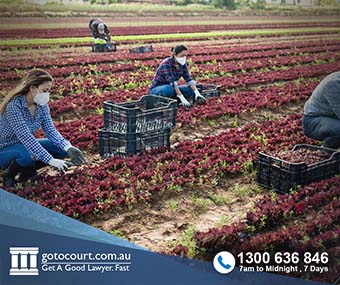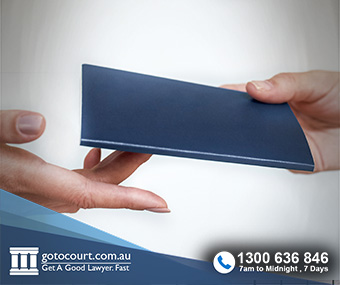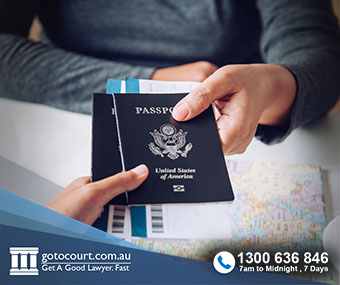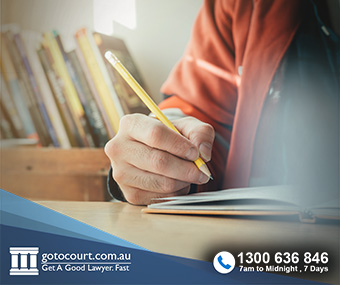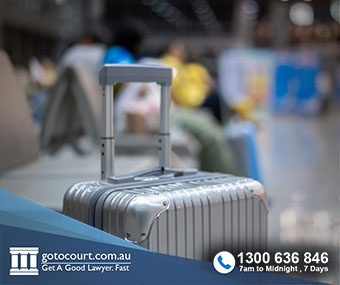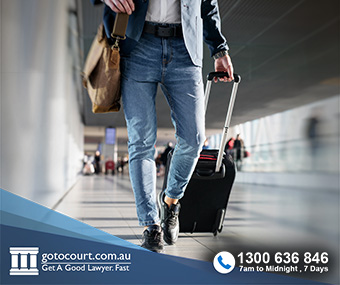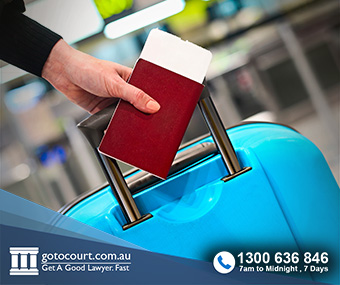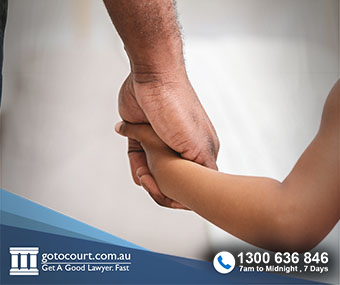Child Visa (Subclass 101)
Child Visa (Subclass 101)
The Child Visa (Subclass 101) allows a dependent child to enter Australia to live with their parent or parents. It covers biological children as well as adopted children and stepchildren. The dependent child must be sponsored by a parent or the parent’s spouse and must be outside of Australia when the application is made.
A Child Visa allows the holder to remain in Australia indefinitely, to receive Medicare, work and study here, sponsor relative to come here and apply for citizenship.
Who is a child?
For the purposes of the Child Visa, a child is a person who is under the age of 18 or a person who is over 18 but under 25 and studying full time or a person over 18 who has a disability.
For a child who is over 18 and under 25 to be eligible, they must be financially dependent on their parent more than any other person and must be studying full time when the visa application is decided. They cannot also be working full time.
For a child over 18 who has a disability to be eligible, they must have lost all or part of their bodily or mental functions and be unable to work full time.
Child must be single
To be eligible for a Child Visa, the young person must be unmarried and must never have been married, engaged or in a de facto relationship.
Health
The child must meet the health requirements most visa applicants are required to meet. This means being free from any disease or condition that poses a significant health care and community service cost to the Australian community and is likely to limit the access that Australian citizens and permanent residents have to health and community services that are in short supply.
Character
A child aged 16 or older who applies for a Child Visa must meet the character requirement, which is set out in Section 501 of the Migration Act. This means the visa applicant must not have a substantial criminal record, belong to a criminal organisation or been convicted of particular offences set out in Section 501.
Debt
If the child or any member of their family owes the Australian government money, a formal arrangement must have been put into place for the money to be paid back.
Australian values statement
If the child is over 18, they must read the publication Life in Australia and must sign the Australian Values Statement, agreeing to obey Australian laws and respect the way of life in this country, including the rule of law, freedom of religion and equal opportunity.
Have permission
The child must have the written consent of everyone who is legally responsible for deciding where they live or be subject to Family Law orders that are consistent with moving to Australia or be allowed to leave their home country under the laws of that country.
Best interests of the child
A Child Visa may not be granted if the child is under 18 and the Department of Immigration considers it is not in the best interests of the child.
Child visa conditions
A child who is granted a Child Visa must not marry or enter a de facto relationship before entering the country. They must not arrive in Australia prior to the person who is sponsoring them,
How to apply for a child visa
Before lodging an application, you should check that the child’s passport is valid and gather all the documents needed in support of the application. The visa costs $2,790 and there may be additional costs associated with the health and character tests.
Once a Child Visa has been granted, the holder or their family must advise the Department of Immigration if there are any changes to the child’s name, passport or if the child has a child.
If you require legal advice or representation in relation to a child visa or in any other legal matter, please contact Go To Court Lawyers.

Affordable Lawyers
Our Go To Court Lawyers will assist you in all areas of law. We specialise in providing legal advice urgently – at the time when you need it most. If you need a lawyer right now, today, we can help you – no matter where you are in Australia.How It Works




1. You speak directly to a lawyer
When you call the Go To Court Legal Hotline, you will be connected directly to a lawyer, every time.

2. Get your legal situation assessed
We determine the best way forward in your legal matter, free of charge. If you want to go ahead and book a face-to-face appointment, we will connect you with a specialist in your local area.

3. We arrange everything as needed
If you want to go ahead and book a fact-to-face appointment, we will connect you with a specialist in your local area no matter where you are and even at very short notice.

